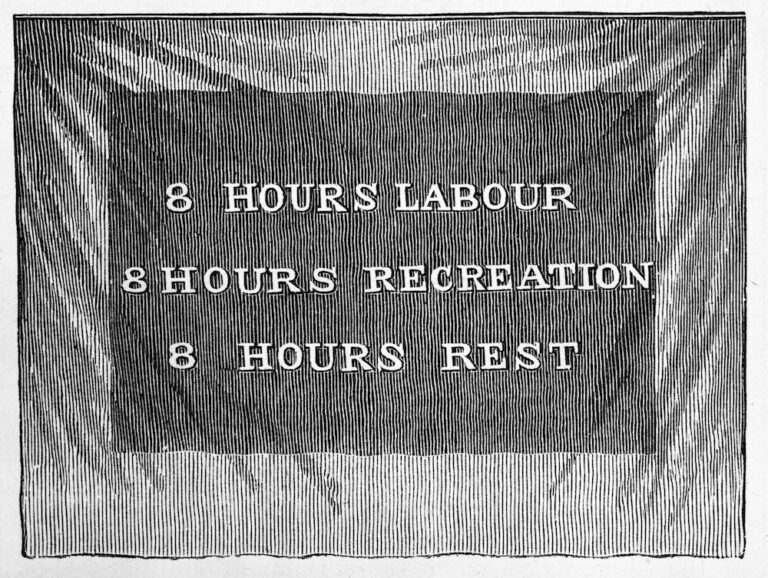Ted Striphas recently called for a return to the “problem of culture” within cultural studies. This is a political as much as a methodological provocation: “culture” became an object of analysis among mid-twentieth century scholars in dialogue with Marxist accounts of ongoing political crises. Taking a cue from this past, this essay rethinks culture in relation to the ongoing crisis in social reproduction via Social Reproduction Theory (SRT). Within some Marxist feminist currents, “social reproduction” refers to the reproduction of labor-power, Marx’s term for the capacity to work sold on the market in exchange for wages. Marxist feminists have theorized such matters at length via their analyses of the practices undergirding the reproduction of labor-power. SRT is not unfamiliar to cultural studies scholars, but those engaged with it tend to explore the representation of socially reproductive practices within culture rather than the ways culture itself contributes to labor-power’s reproduction. This is unsurprising. Historically, the field has discussed labor-power in terms of its circulation rather than its reproduction, detailing culture’s role in reproducing social systems. Drawing upon Michael Denning’s “labor theory of culture,” recent work in SRT, and Marx, I argue that culture functions in a socially reproductive capacity within the logic of capitalism. In doing so, it casts cultural struggle as a form of social reproduction struggle at the intersection of labor-power’s reproduction and that of the society that requires it. This essay constructs a systematic account of culture’s socially reproductive function before using it to consider its historical expression in the current moment.
Articles by Sean Cashbaugh
Sean Cashbaugh is a lecturer in the Princeton Writing Program. He earned his PhD in American studies at the University of Texas at Austin in 2016. His research interests include cultures of radicalism, cultural theory, and underground culture. His writing has appeared in the Journal for the Study of Radicalism, Science & Society, and others.
